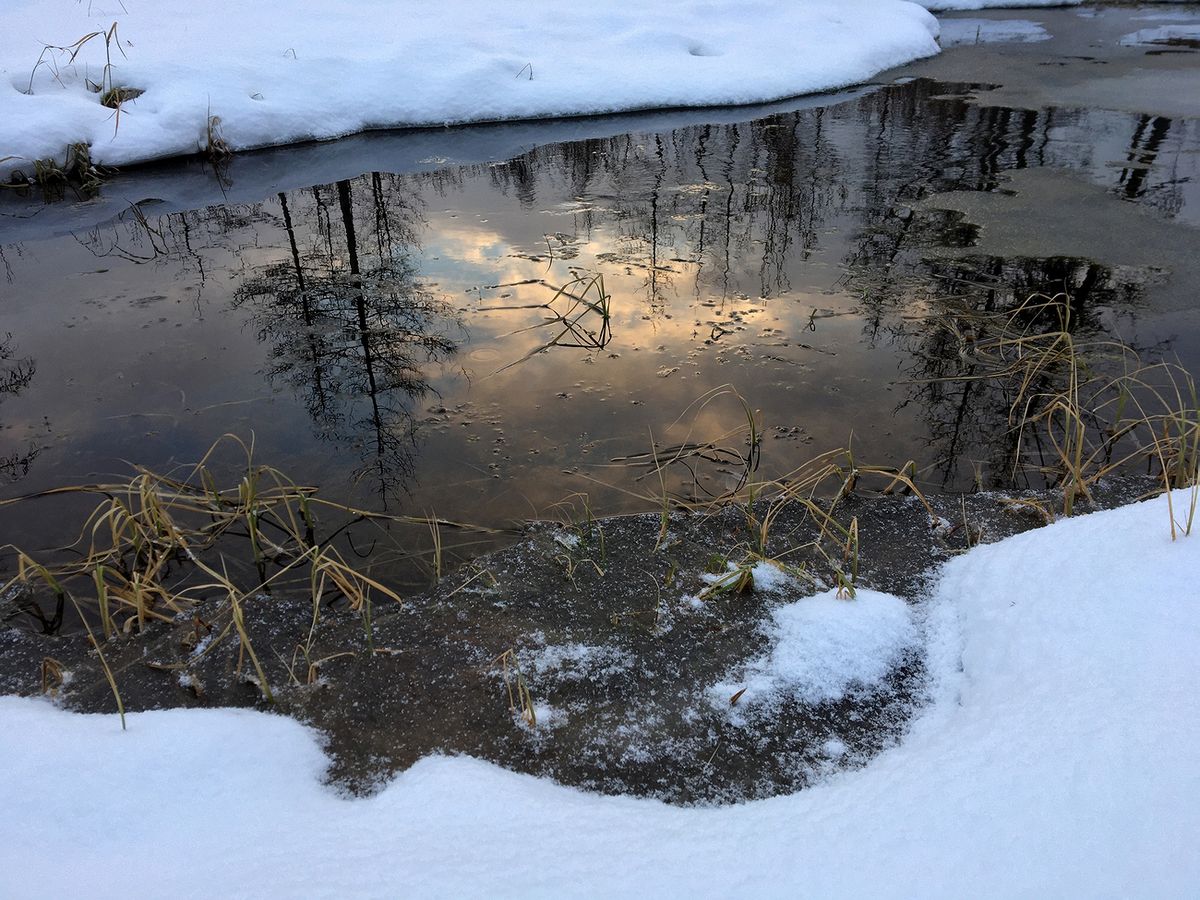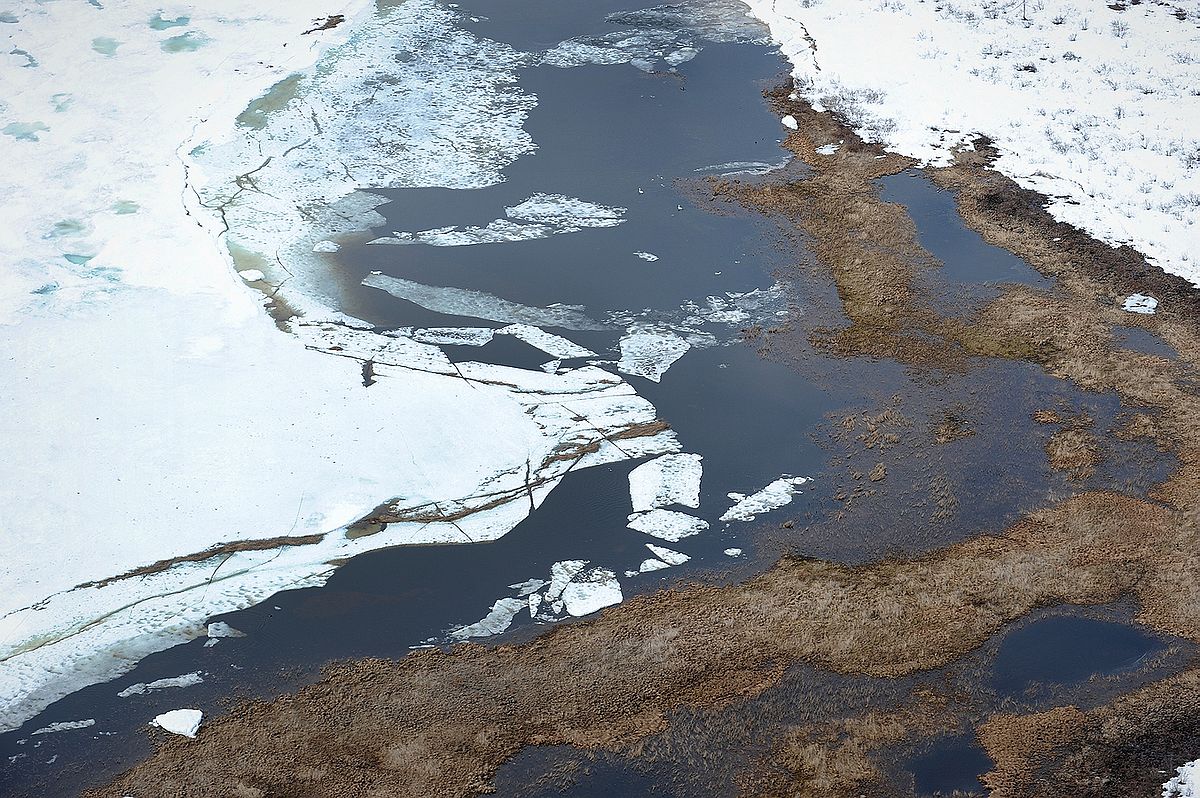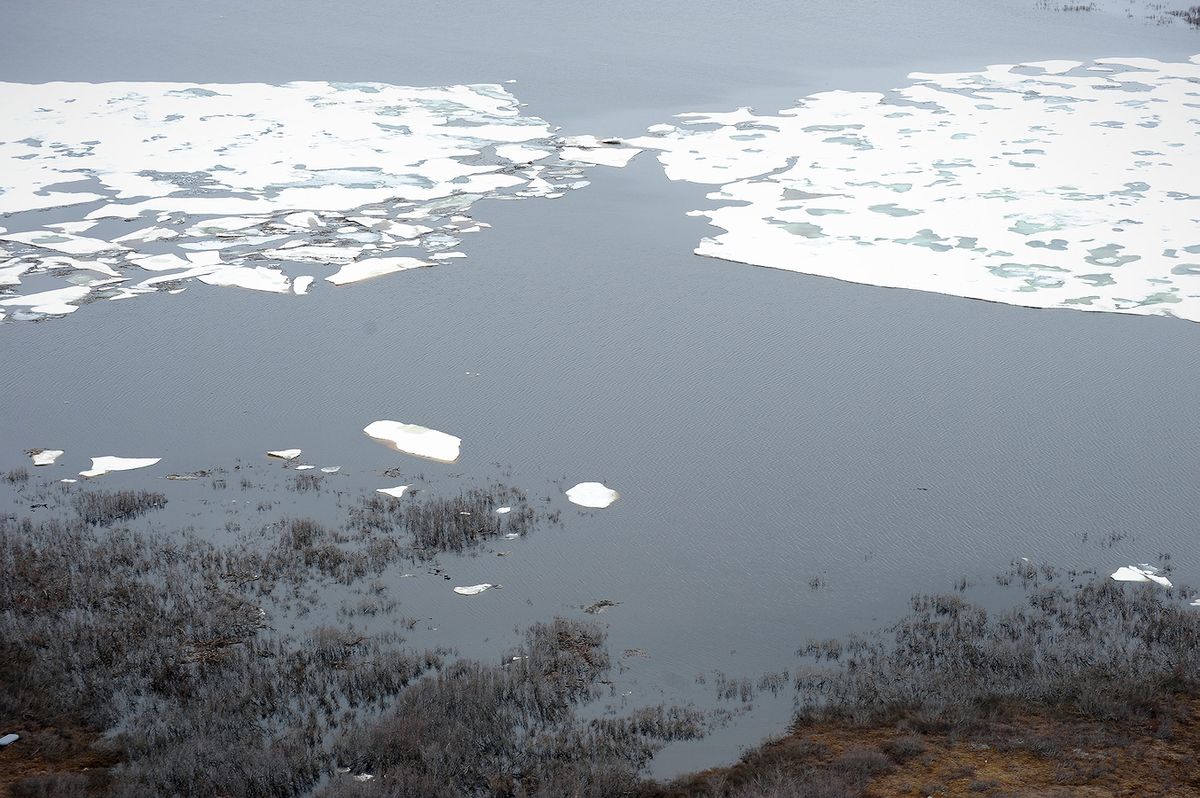#ARCTIC. #SIBERIA. THIS IS TAIMYR. Climate change and the reduction in the area of Siberian forests have led to an acceleration of the water cycle in the zone of the Arctic shelf. And this, in turn, leads to a change in the shelf sea bottom, which has a negative impact on the entire region’s ecosystem. This conclusion was reached by scientists from the Environmental Radiochemistry Laboratory of the Geochemistry and Analytical Chemistry Institute named after V.I. Vernadsky after analyzing bottom sediments in the Arctic over the past 100 years.
The results of the study, which was carried out with the financial support of the Ministry of Education and Science and the Russian Science Foundation, were published in the journal Anthropocene.
At the beginning of the last century, glaciers and icebergs were actively melting in the Arctic – because of this, sea currents and river flow intensified. But that period ended in the first half of the 20th century. In the past few decades, warming has become more intense, its pace is accelerating. As a result, strong currents wash out and carry the bottom sediments of the shelf seas to the deep water regions of the Arctic ocean. The rate of precipitation accumulation in the seas is falling, and this affects the entire ecosystem of the Arctic.
Living at the bottom benthic organisms are the main food of fish, which feed on seals and walruses.
“Changing the bottom composition will lead to significant changes in the food chain”, said Valery Rusakov, doctor of geological and mineralogical sciences, leading researcher at the Environmental Radiochemistry Laboratory.
Scientists believe that the processes at the Arctic shelf bottom are also associated with increased soil erosion due to the reduction in the area of Siberian forests, so negative forecasts can become real much earlier than expected.
Earlier, Norwegian oceanologists found that the ice in the Arctic becomes thinner and its life is shorter. Scientists from Krasnoyarsk discovered a badger colony in the Arctic region for the first time, and heat-loving fish is met in the Arctic seas more often.
Follow us on Telegram, VKontakte.
Text: Anzhelika Stepanova, Photo: Nikolay Shchipko






